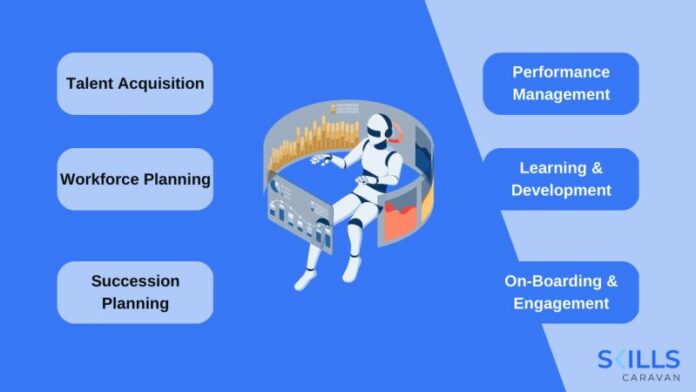Diversity and inclusion are essential for any workplace to thrive. They refer to the acceptance and celebration of differences in people based on their gender, race, ethnicity, religion, age, sexual orientation, physical ability, and more. Inclusion means creating an environment that allows everyone to feel valued, respected, and supported, regardless of their differences.
Diversity is one of the four organizational pillars at MG. Commenting on the afore-mentioned topic, Mausam Joshi – Human Resource leader for MR Motor India Limited said “ Diversity for us goes beyond gender, caste, culture, and religion. At MG, we have people from different segments/regions collaboratively contributing towards one goal. Under the umbrella of Diversity, we have a huge focus on gender diversity. Gender diversity is vital to any workplace. Not just because it’s a laudable goal; it simply makes bottom-line business sense. We do believe & statistics have proved it that a diverse workforce brings different viewpoints, ideas, and market insights, which enables better problem-solving, ultimately leading to superior performance, efficiency, and productivity at the business level. We have more than 37% women and aim for 50% soon which is quite rare in the Automotive segment. We have witnessed many tangible and intangible benefits of having a gender-balanced workforce ”.
On the role of learning programs to promote inclusivity, Smita Jain who heads OD, Talent & LD for Magma India General Insurance Company said, “Learning becomes the easiest scapegoat when it comes to sensitizing workforces for inclusivity., if there’s something that needs to be done. Training program won’t solve all your issues and problems. I am not in favor of just a learning program that will change or, you know, be the magic wand to bring about the change that we are looking out for. A learning program is not what I see as making any difference to inclusivity. In a training program, People will just keep scrolling the slides, physically present but mentally elsewhere, until they feel involved or are committed to accepting this as something that they would want to do.”
On the support of senior management towards diversity & inclusion, Abhijit Adkar, Head – Functional Training & Productivity at Aditya Birla Finance Ltd said – “ Inclusion is very much imbibed into the DNA in the group itself, The management believes in it, and, not just believes in, but also, walks the talk. So there’s a lot of encouragement there in terms of diversity and inclusion.
A personal point of view he holds Is that the key is in normalization of inclusion. If we go back a few decades, having two senior women (panelists), would have been an object of novelty. Now it’s normal. It’s not something that one notices. I think that is the end state that we should be targeting.”
On instilling confidence in specially abled students so they could be at par with anybody else and be a productive part of the workforce, Sarita Chand, Founder, SKills Caravan who is also the co-founder of Indic AI, an NGO that is focussed on creating a world of equal education & employment for students with disabilities – “We haven’t been able to instill that confidence in everybody, but we endeavor give them equal opportunities as we give to our own children.
If a specially-abled child is preparing for CAT, and if they’ve reached that level, we’ll get them the best provider in CAT. If I am preparing from IMS, they’ll also prepare from IMS. So that gives a lot of confidence to them. Whether it is law or IAS coaching we ensure that they have access to the best-in-class equal preparatory ecosystem”. Last year we placed 68 students and our empirical knowledge suggests that the Government sector gives them jobs, but does not give them the normalization they seek. Private sector asks them to do their job. They give them the growth opportunity. They make the specially-abled feel equal. Once they do it, they kickstart the normalization and then the success stories start. When you create those opportunities at, high pay package, or pay parity jobs and the inclusive opportunities they build, do wonders.”

